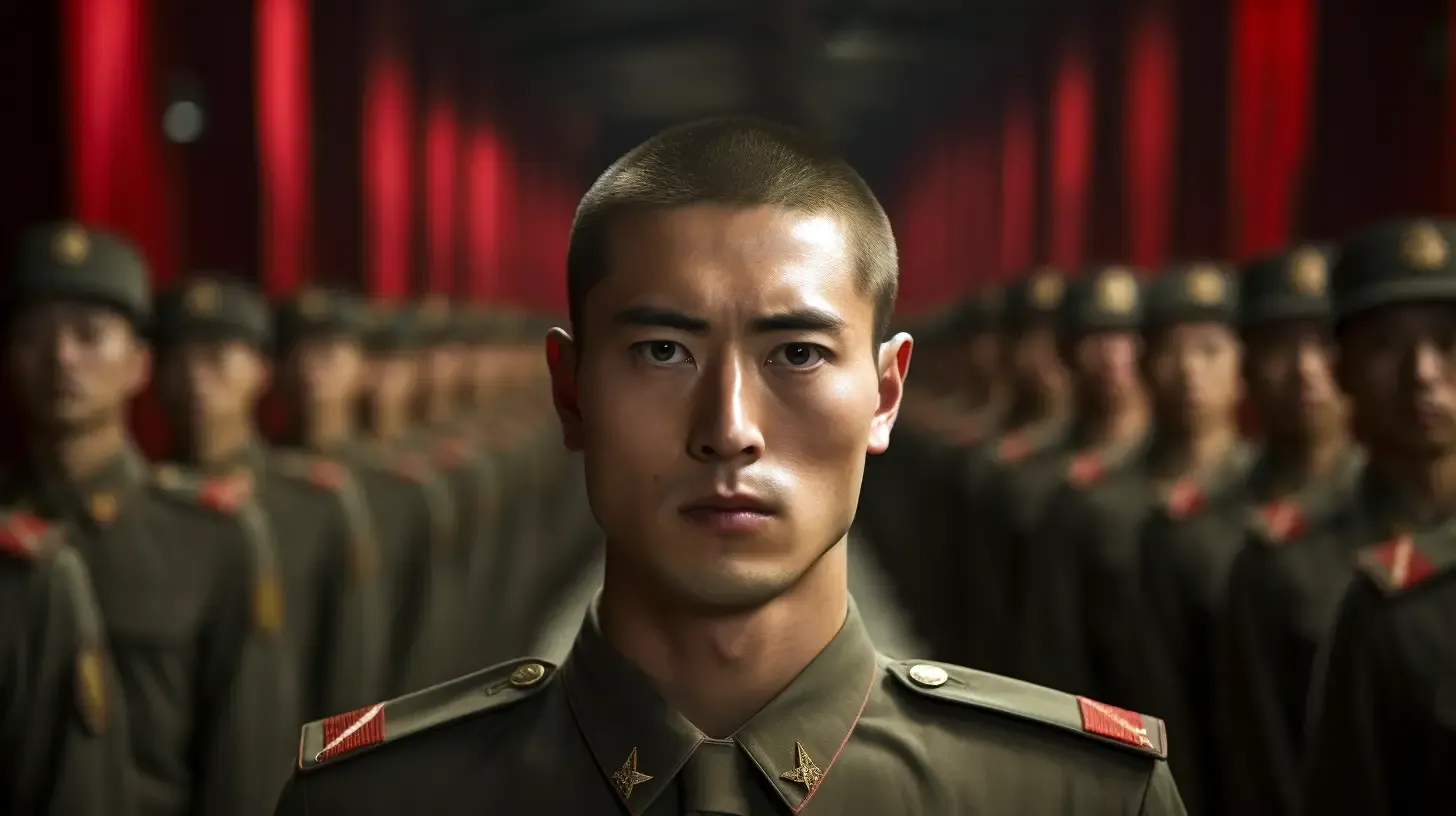21 February 2024
China's Strategic Shift: Empowering Armed Forces in Corporate Sectors.

Press the play button in the top right corner to listen to the article
Recent developments have shown a significant trend in China's approach to national defense and corporate governance. With an increasing number of state-owned enterprises (SOEs) and private security companies (PSCs) integrating People’s Armed Force units or militias, China is evidently gearing up for a multifaceted strategy to bolster its national defense capabilities and societal control. This movement is not just a mere addition to China's military might but a profound reflection of its anticipation of internal and external challenges.
Reasons Behind the Integration of Armed Forces in Chinese Companies
Preparation for Potential Conflicts: Experts suggest that the embedding of militias in SOEs could be part of China's strategic preparation for potential conflicts, notably over Taiwan. The move is seen as aligning with the whole-nation approach to national defense, emphasizing readiness for large-scale mobilizations or responses to natural disasters.
Social and Economic Stability: The integration also corresponds with the Chinese government's concerns over social unrest amid economic weaknesses. The authorities view these militias as a mechanism to enforce tighter controls over society, potentially deterring dissent within the workforce of these enterprises.
Political Control and Surveillance: The historical context of China's use of militias during Mao Zedong's era and the subsequent reduction in their numbers during economic reforms highlights a shift back towards utilizing these forces for political control. The recent resurgence of militias within SOEs is perceived as a strategy by the Chinese Communist Party to maintain a vigilant watch and reinforce its grip on power, ensuring that potential dissenters are aware of the oversight.
Expansion of Private Security Companies (PSCs): Beyond SOEs, China's use of PSCs, especially abroad, has been less documented compared to the United States or Russia. However, these companies play a crucial role in China's global power projection, offering security services to Chinese enterprises overseas without directly engaging in combat operations. This approach allows China to maintain a presence and exert influence abroad under the guise of corporate security, thereby circumventing legal and international constraints.
Implications and Future Directions
The strategic embedding of armed forces within SOEs and the growth of PSCs underscore China's comprehensive approach to national security, blending military preparedness with economic and societal control mechanisms. This development not only enhances China's ability to respond to potential conflicts but also solidifies the Party's control over key economic sectors and extends its influence globally through PSCs.
As China continues to navigate its path on the international stage, facing both domestic challenges and external pressures, the role of these militias and PSCs will likely become increasingly central to its strategy for national defense and global positioning. The international community, especially policymakers, needs to recognize and understand the implications of China's evolving defense posture and its potential impacts on regional stability and global security dynamics.
The content, including articles, medical topics, and photographs, has been created exclusively using artificial intelligence (AI). While efforts are made for accuracy and relevance, we do not guarantee the completeness, timeliness, or validity of the content and assume no responsibility for any inaccuracies or omissions. Use of the content is at the user's own risk and is intended exclusively for informational purposes.
#botnews















































































